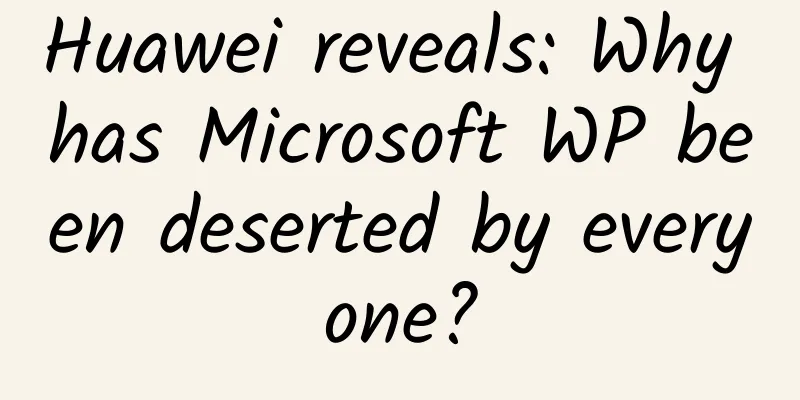Google says Android 14 will improve privacy and security

|
Google announced the first Android 14 developer preview this week and shared details on some of the security and privacy improvements that the platform update will bring. Android 14 is expected to arrive on devices sometime in the fall, bringing new features and APIs, as well as behavioral changes that may affect apps. The purpose of the developer preview is to help app developers understand these changes and test their apps for compatibility issues. One of the security enhancements that the platform update will bring is related to runtime receivers and builds on the changes introduced in Android 13, when Google instructed developers to specify whether broadcast receivers registered by their apps should be visible to other apps on the device. Prior to Android 13, any app could send unprotected broadcasts to dynamically registered receivers that were not protected by signature permissions. To help protect apps from security vulnerabilities, "apps and services that target Android 14 and register receivers using contexts need to specify a flag to indicate whether the receiver should be exported to all other apps on the device," Google said. Android 14 also attempts to protect apps from malware that could intercept intents by restricting apps from sending intents to unspecified packages internally. Additionally, apps can now send implicit intents only to exported components, and "must use explicit intents to pass to non-exported components, or mark the component as exported," the internet giant explained. To prevent malicious use of dynamic code loading (DCL), apps built for Android 14 must mark dynamically loaded files as read-only. According to Google, developers should avoid dynamically loading code because it puts apps at risk of code injection or code tampering. Because some malware versions use API level 22 (to avoid the runtime permissions model introduced in Android 6.0), Android 14 also blocks the installation of apps targeting API levels lower than 23. However, apps with a targetSdkVersion lower than 23 will remain installed. Android 14 also comes with Credential Manager, a new Jetpack API that supports multiple login methods, including federated login solutions and keys, as well as classic username and password pairs. Credential Manager, currently in alpha, allows users to create and save keys in Google Password Manager for passwordless authentication across devices in Android and Chrome. |
>>: The first developer preview of Android 14
Recommend
Behind the collective criticism from competitors: LeTV’s “buy a membership and get a TV for free” has changed the way the industry plays
April 14th, an originally ordinary day, has becom...
How much does it cost to develop a mobile app in Rizhao? What is the quotation for developing a mobile app in Rizhao?
In order to better penetrate into various industr...
When will Jilin be unsealed in 2022? When will it end exactly? Attached is the latest news on the full unblocking
Since April, the news about the local epidemic in ...
The battle to protect smart homes begins with Google's acquisition of Dropcam
The smart home industry was a little restless in ...
Because of its technological shortcuts and short-sightedness in the market, Ideal Auto’s prospects are far from ideal.
Ideal is falling behind "NIO, Xiaopeng and L...
A guide to private domain traffic for restaurants!
Between 2020 and 2021, various catering companies...
Purple dye, an accident, opened an era
A magical story about medicine, waste, scientists...
Apple iOS 10 updates these, 4s really can't use
Since iOS 7 abandoned the skeuomorphic interface t...
The first great ape named by the Chinese, fewer than 150 of them are still alive
The Tianxing gibbon was officially named by Chine...
How to solve the problem of users’ independent dissemination and sharing in APP operation?
Are you a good APP operator ? How many users does...
Ask yourself! 15 questions that IT technicians must think about
People in the industry call themselves programmer...
Textile in Idioms
The Xujiayao Ancient Human Site in Datong, Shanxi...
Operational Tips: My experience in user operations at Tencent is all here
At the beginning of the new year, I woke up one d...
The formaldehyde test passed, so why does my house still smell bad?
In the background, we often receive messages from...
How does information flow advertising accurately target users?
With the vigorous development of mobile Internet ...









